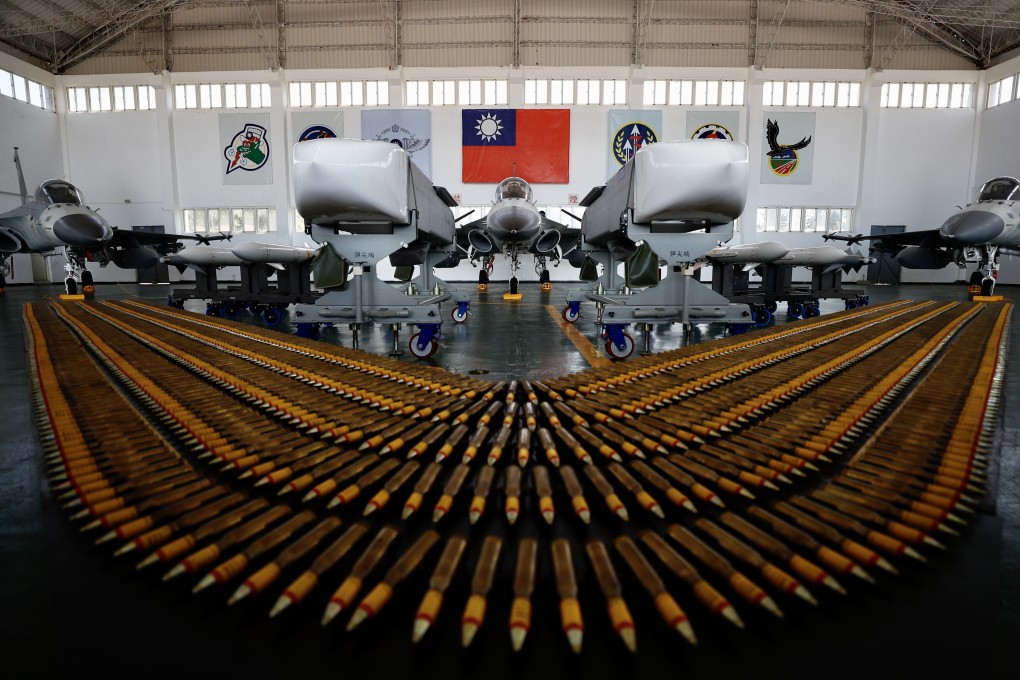Taiwan’s purchase of US mobile communication system could help counter Chinese cyberattack
- The Field Information Communications System is as significant as other, more high-profile weapons Washington has sold to Taipei, analyst says
- The system can also be used for rescue missions during natural disasters like earthquakes or mudslides

A military Field Information Communications System the US has recently approved for sales to Taiwan could help the self-ruled island counter a cyberattack launched by the People’s Liberation Army, which would be of great importance in the event of war, according to analysts.
Though the system is not as eye-catching as other weapons the US has sold to Taiwan this year, it is something the island’s military cannot do without if it is to fight the increasingly powerful cyberwarfare of the PLA, they said.
On Monday, the US State Department notified Congress of the possible sale of the US$280 million Field Information Communications System to Taiwan to help modernise the island’s armed forces and maintain a credible defensive capability.
The deal consists of 154 communications nodes, 24 communication relays, eight network management systems and related equipment plus personnel training, technical and logistic support, according to the US Defence Security Cooperation Agency.
“The system may not look as striking as those of the AGM-84H Standoff Land Attack Missile Expanded Response (SLAM-ER) Missiles or land-based anti-ship Harpoon missiles Washington has sold to Taiwan this year, [but] its importance is definitely as significant as those weapons,” said Kevin Cheng, editor-in-chief of the Taipei-based Asia-Pacific Defence monthly.
Since May, the US has approved the sales of six batches of US$5.58 billion worth of arms to Taiwan, including MQ-9B Sea Guardian drones, High Mobility Artillery Rocket Systems, M142 launchers, Harpoon coastal missiles, MK48 (Mod 6 AT) torpedoes and AGM-84H/K SLAM-ER missiles.
